Homosexuality at the Foreign Office

...Turing, without whom the Enigma code might never have been broken, the Second World War might not have been won so speedily, and many more lives would have been lost...

...Turing, without whom the Enigma code might never have been broken, the Second World War might not have been won so speedily, and many more lives would have been lost...
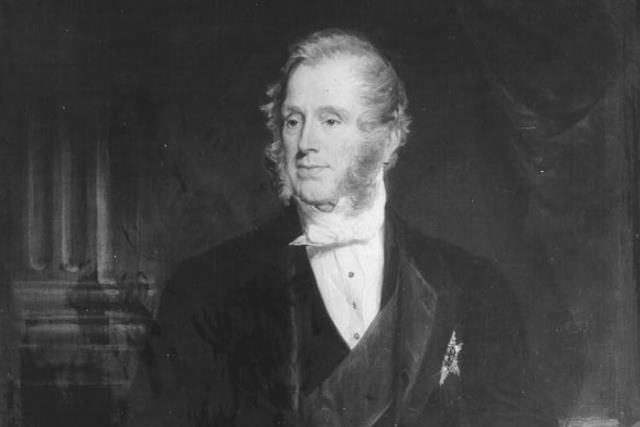
...deeper story of British support for liberal constitutional progress and the promotion of self-government by free peoples against perceived absolutist despotism throughout the world, whether that be through backing constitutionalists...
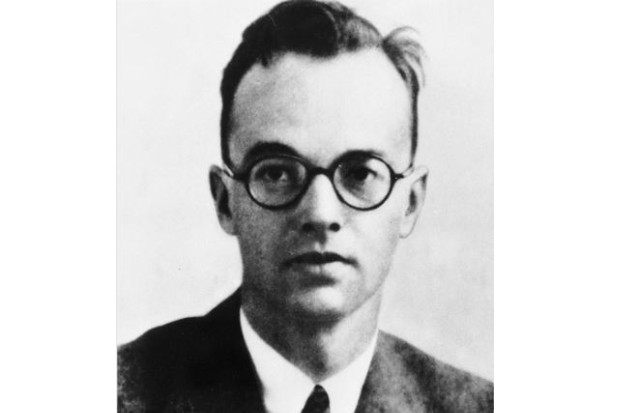
...United States, promoting free trade and convertible currencies, certainly preferred a European bloc, including Britain, to a collection of awkward independent countries. During negotiations for the implementation of the Marshall...
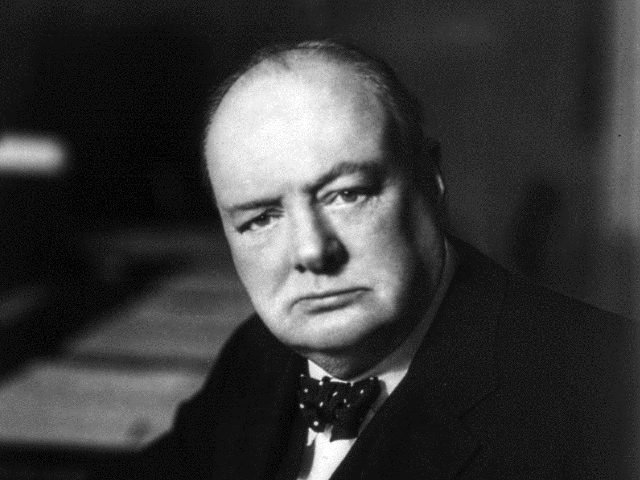
...France and Belgium had been ‘a colossal military disaster’. The Labour MP Emanuel Shinwell recalled:We were very much depressed as a result of the events that led to him making...
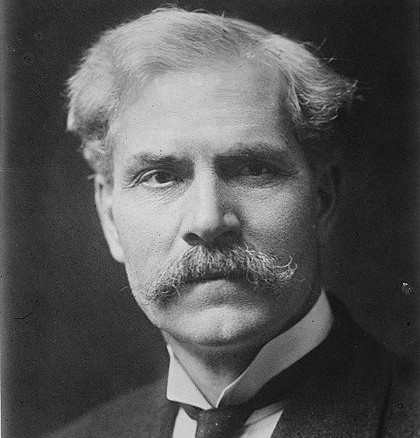
...on the international stage with some skill, but difficult issues remained unresolved. The US was driving a hard bargain on British war debts, while France and Belgium refused to honour...
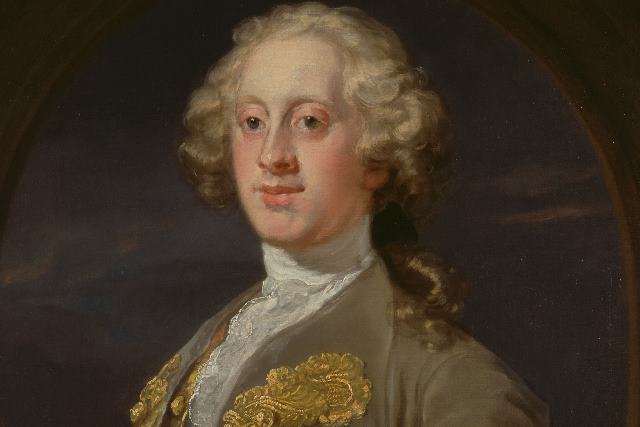
...Born Baptised 1 June 1720, Baptised St Martin’s in the Fields, Westminster Died 2 October 1764, Spa, the Austrian Netherlands (now Belgium) Dates in office 1756 to 1757 Political party...
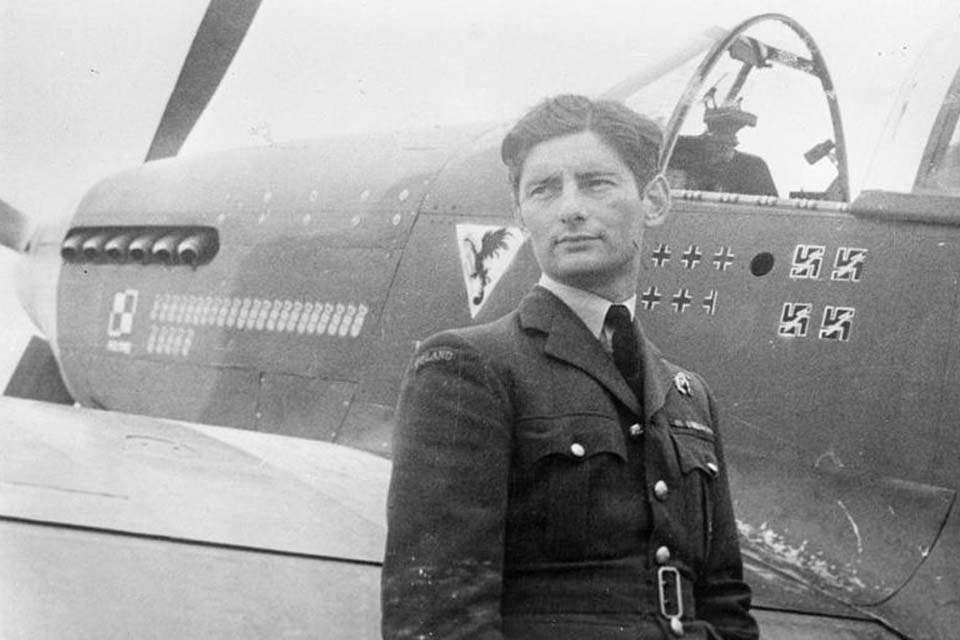
...contributed the largest number of service personnel, and there were also army, navy and air force contingents from Belgium, Czechoslovakia, France, Holland, Luxembourg and Norway. Danes also served in UK...
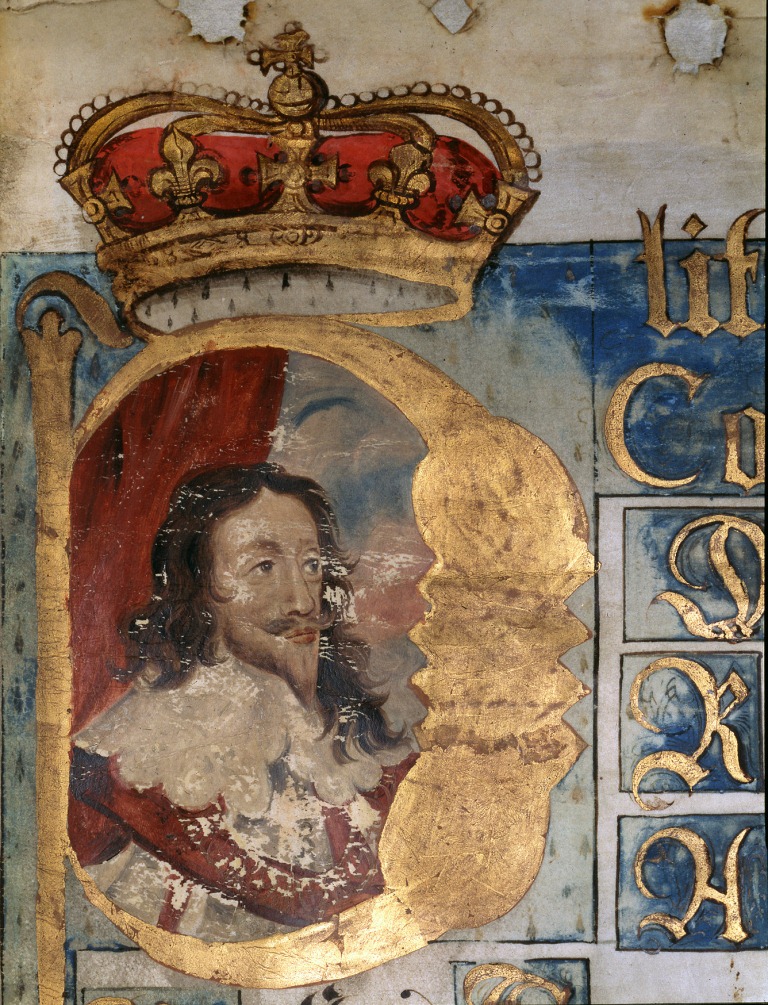
...see that wives of husbands who were soldiers, diplomats or merchants abroad were given licence to go and visit them. Map of the Netherlands, Belgium and parts of north-west Germany,...
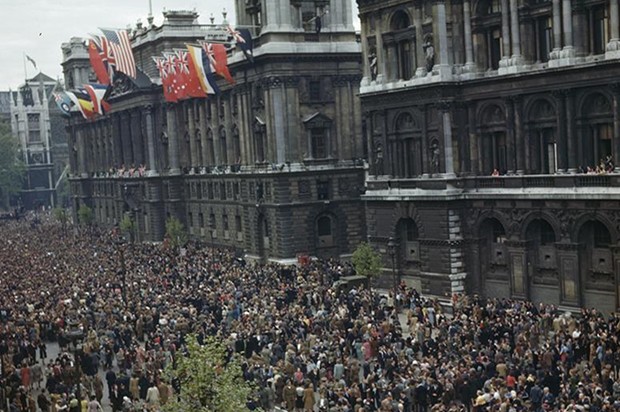
...to scrutiny. Soviet successes also strengthened communist parties throughout Europe, causing concern that some countries, like Belgium and the Netherlands, could descend into civil war like Greece. Above all, for...
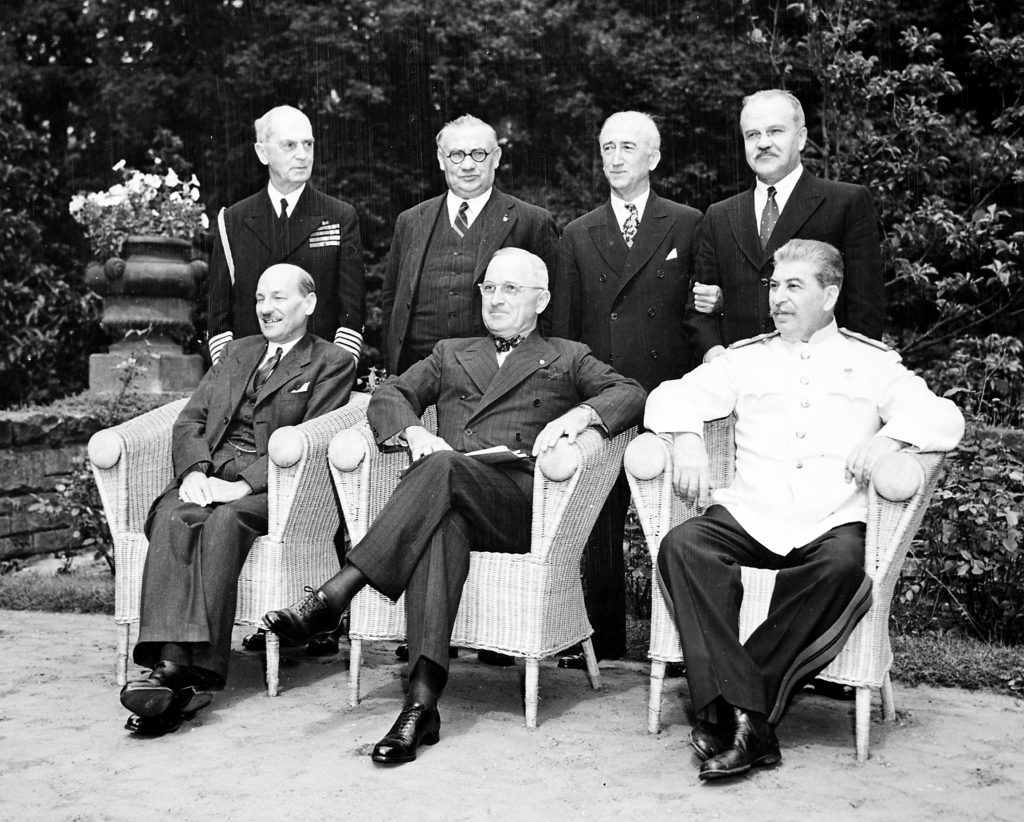
...Nations Organisation had been established. But much remained for discussion at Potsdam, including European economic reconstruction, international waterways, Iran, Italian colonies, constitutional crisis in Belgium, elections in Greece, civil war...